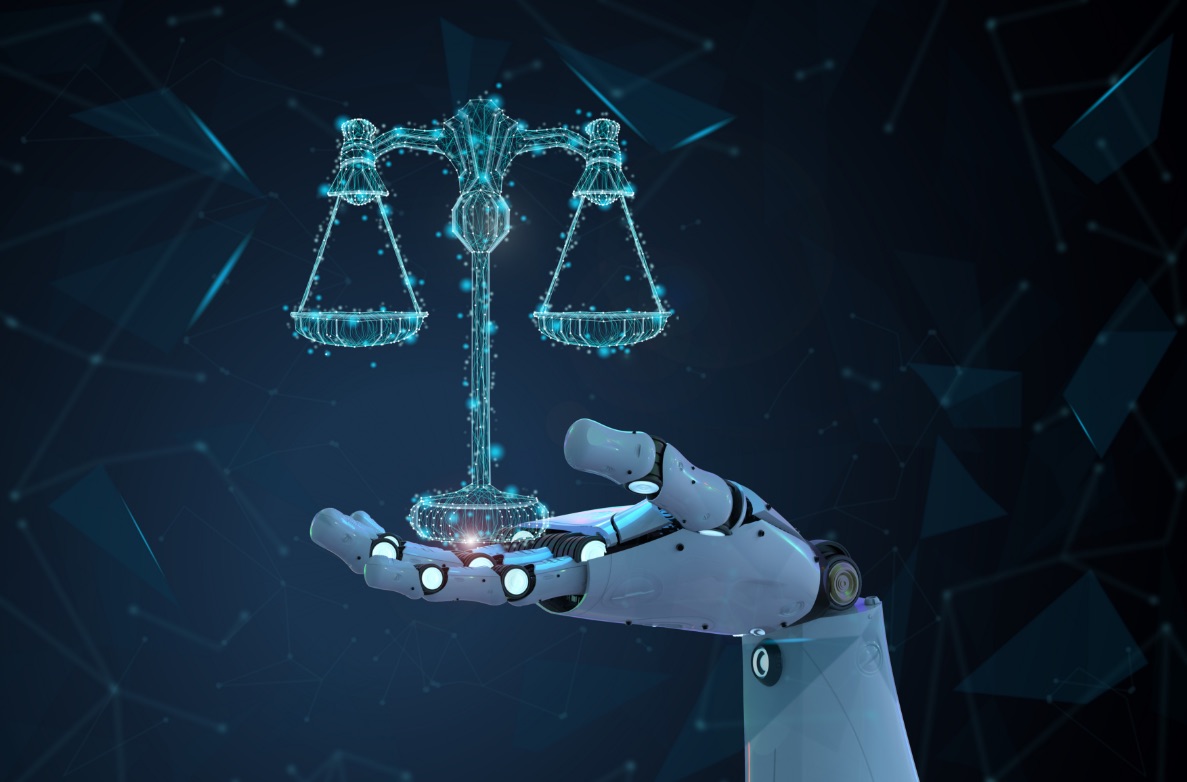Latest Update 2 years ago
Future-in-law: How the New Generation is Shaping the Legal Industry
The new generation of law students – one that is quick with adapt, keen on technological developments and is just as committed to the Law could be the key to sustaining the current technological paradigm

As one of the oldest professions known to mankind, instruction in law has been offered in universities since medieval times. In India, formal education in law took its first step in the 1850s with the establishment of the Government Law College in Mumbai (Asia’s oldest law school). It is safe to say that since then, legal education in the country has undergone very little transformation – in the way it is imparted, or in the way aspirants prepare themselves to become contributing members of the profession. That is until the last few years or so, when technology, with all its developments and convenience, shook the profession out of its comfort zone and made sure that the legal system will never again be the same.
Today, especially in the early days of a post-COVID normalcy, we have witnessed dramatic changes in the way law is practiced and justice is rendered – all thanks to the evolving trends in legal and justice technology. To sustain and perhaps even enhance the current paradigm into the future, legal bodies and institutions across the world have devoted considerable time, energy and resources into moulding an entire generation of law students – one that is quick to adapt, keen on technological developments and is just as committed to the Law. And the shift starts right at school.
To keep up with the demands of the evolving tech-trend, universities and law schools across the world are now offering courses to future lawyers that not only train them in the use of legal and justice tech solutions, but also courses that could possibly help them break the barriers of the profession and perhaps create something new. Every day, with each new development, more and more law students are breaking away from the traditional lawyer career path and branching into legal and justice tech.
Not to be outdone, students in Information Technology disciplines are increasingly becoming aware of the demands and possibilities in legal and justice technology. Today, some of the most high-paying jobs in IT are situated around the development of Artificial Intelligence and Blockchain technology – two concepts that are effectively revolutionising the legal and justice industry.
For those of us who have survived COVID only on the back of technological developments, there is no going back. There is also no denying that the future of law, as in everything else, lies with automation, accuracy and transparency – all key features of legal and justice technology. Around the world, lawyers and law firms have been quick to catch on to this transformation and have proactively sought to use it to their advantage. Thanks to them, the coming generation of law students can now expect to have successful careers, not just as lawyers, but as designers, legal tech consultants, analysts, e-discovery or e-data specialists, AI consultants, operation specialists, digital managers and many more.












